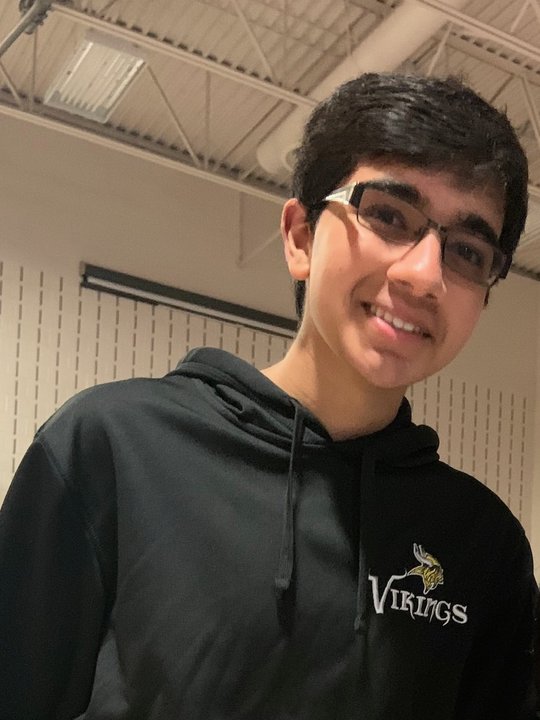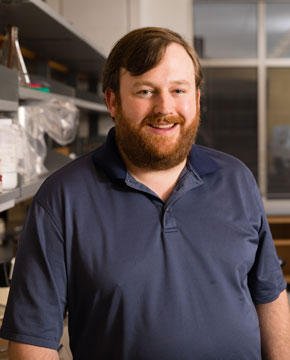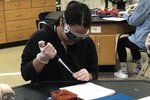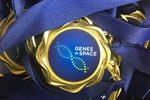GiS Spotlight: Honorable Mention Arush Iyer
Each year, Genes in Space awards 10 Honorable Mentions to teams whose submissions showed remarkable creativity and scientific rigor. Today, we're shining the Genes in Space spotlight on Arush Iyer (16), who received an Honorable Mention for his 2019 Genes in Space submission. Arush attends Eagan High School in Eagan, Minnesota, and developed his proposal with his mentor, Prof. Aaron Engelhart from the University of Minnesota. Here, Arush shares a look behind his winning proposal and shares his advice for future contestants.
 Arush Iyer
Arush Iyer
Briefly explain your experiment: The experiment attempted to draw conclusions about the potential ramifications of microgravity on astronaut microbiomes. Specifically, we attempted to determine the efficacy of RNA folding in microgravity, which would be important in the context of digestion-aiding microbes in the human gut.
Why did you choose to participate in Genes in Space? My mentor and I were searching for competitions of this type and we came across the website. After skimming it, we decided that the unique experience of testing the experiment in microgravity would make it worthwhile. We also agreed that this specific contest would allow me to explore the scientific fields that most interest me.
How did you choose your topic? Microbiology, especially when applied to humans, has always piqued my interest. The human body is one of the most advanced and effective machines in the world. Life is more complicated than any of us can even begin to comprehend. From the start, I was dead set on submitting a project more pertinent to the biology of astronauts. My mentor walked me through the concept of RNA folding and how, despite its importance, we know relatively little about it. Initially, I wanted to implicate the hypothetical conclusions of our project to the pharmaceutical industry. By folding RNA in ways, it might be possible to "trick" the body into engineering specific antibodies to their respective pathogens. However, my mentor and I soon realized that the health of the astronauts was more relevant to this competition. I perused a couple of papers to wrap my head around the underlying concepts and, with the help of my mentor, decided on the project.
 Iyer's mentor: Prof. Aaron Engelhart
Iyer's mentor: Prof. Aaron Engelhart
What did you gain by participating in Genes in Space? To put it simply, the knowledge gleaned from this whole process is invaluable. Many applicants, including myself, intend to pursue a career in the sciences. Before entering the contest, I thought I was relatively knowledgeable about science, as egotistic as that sounds. Little did I know that the extent of my knowledge was like a kiddie pool compared to the ocean that science actually is. Throughout the process, I was able to finally understand fundamental biological processes that define what it means to be a living being. I learned so much in such a short period of time. Not only is this knowledge applicable to future science courses, but much of what I've learned has just been cool to know. This most likely isn't the case for everyone, but when I'm able to explain science, or anything for that matter, to someone else, I feel satisfied knowing that I've truly learned that particular concept.
Do you have any advice for future Genes in Space contestants? I would recommend that prospective contestants adhere to the timeless adage of "enjoying the ride." If I had exclusively focused on winning, the knowledge gleaned from hours of reading and writing wouldn't have stuck with me. Passion about your project is critical to success, and if you value winning over learning, I can guarantee that you won't enjoy the experience nor retain what you've learned. Additionally, prospective contestants should be certain to talk through the project, whether with themselves, their mentors, or their teammates. I began understanding the importance of the project after vocalizing it to my mentor. Communication is critical, not just for resolving logistical issues, but also for understanding the project.


